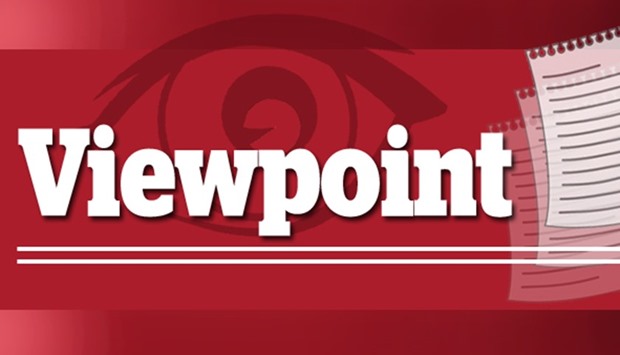Wealthy US citizens have not done well with the luxury hotels game in Cuba during the past half century or so.
In 1958, Conrad Hilton opened the Habana Hilton, only to watch revolutionaries under Fidel Castro take the city the next year.
Under state ownership and styled the Habana Libre since then, it remains a landmark in the city, a symbol of liberation from US control.
Castro even used the hotel – Cuba’s largest – as his headquarters for a few months. These days tourists throng it.
Many Cubans speculate on further opening up to foreigners drawn by idyllic beaches, Cuban music, revolutionary romance and the island’s decayed charm, their wallets bulging with hard currency.
Hotel magnate and president-elect Donald Trump is also said to have had business plans for Cuba.
Now that Fidel Castro – a “brutal dictator” in Trump’s words – lies buried, the question being asked is how US-Cuban relations will proceed, given Trump’s rejection of President Barack Obama’s efforts to ease relations.
Trump calls the deal Obama reached “a very weak agreement.”
It looks like things under Trump will be static or he’ll make it more difficult for the Cuban government.
There is, in fact, no single “deal” – rather a gradual diplomatic process with dozens of threads, and it remains unclear precisely how Trump sees the future, despite interest on both sides in favour of improved relations.
In 2015, Obama implemented new rules easing conditions for US businesses and travellers to the island, which is less than an hour’s flying time from Miami.
The slow rapprochement has gone down as one of his key foreign policy achievements. Trump could upend all this.
The changes to air travel, trade, banking and postal services between the erstwhile archenemies have all been taken by presidential order, without formal legal procedures. Trump is bound by none of it.
The hope is that Castro’s brother, Raul, will take a pragmatic approach, issuing licences to Cubans wishing to run restaurants and similar businesses geared to tourism. No chains are permitted, so there will be no McDonald’s or Burger King for the time being at least.
And the government will seek to prevent obvious discrepancies in wealth arising in an economy in which the average monthly wage converts to $20.
Foreign companies are testing the waters, with carmakers putting on advertising shows and even a Chanel fashion show in Havana.
Others testing the water are American Airlines, AirBnB, Carnival Cruise Line, Marriott and Starwood.
The history of US hegemony weighs heavily on the island.
Trump initially appeared to be in favour of opening up, saying “50 years is enough,” but the powerful Cuban constituency in the key state of Florida caused him to modify his strategy during the election campaign.
Only Congress can decide to formally lift the embargo, and this appears unlikely with both houses dominated by the Republicans and prominent senators like Ted Cruz and Marco Rubio taking a stern line.
Trump’s team is also packed with people who have taken a strong line on Cuba in the past. But it is unlikely he will reverse all the Obama changes.

